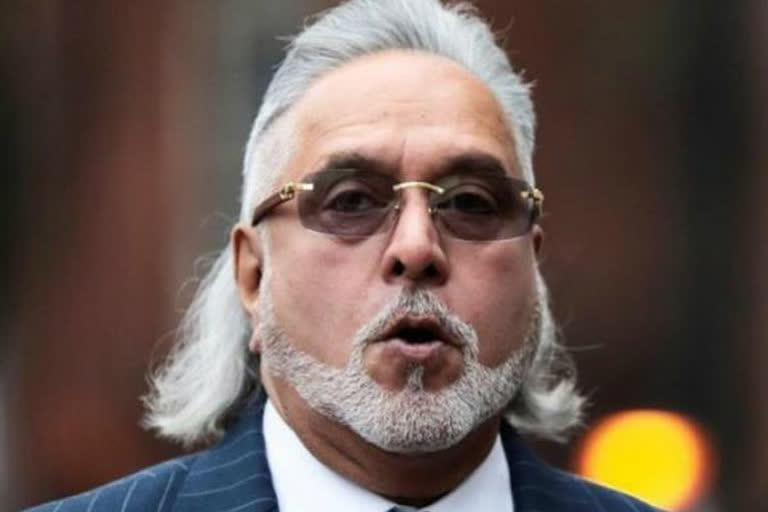London: Vijay Mallya on Monday lost a UK High Court appeal against his extradition, a major turning point that brings India closer to getting back the embattled liquor tycoon wanted in the alleged fraud and money laundering charges amounting to Rs 9,000 crores.
The dismissal of the High Court appeal effectively clears the decks for Mallya's extradition to India to face the charges in the Indian courts, with 14 days for him to apply for permission to appeal to the UK Supreme Court.
If he does apply, the UK Home Office would wait for the outcome of that appeal. But if he does not, under the India-UK Extradition Treaty, it would then be expected to formally certify the court order for the 64-year-old Mallya to be extradited to India within 28 days.
"We have held there is a prima facie case both of misrepresentation and of conspiracy, and thus there is also a prima facie case of money laundering," the High Court concluded.
This marks a major turning point for the Central Bureau of Investigation (CBI) and Enforcement Directorate (ED) case against the businessman, who has been on bail in the UK since his arrest on an extradition warrant in April 2017.
The former Kingfisher Airlines boss had appealed to the higher court against his extradition ordered by the Westminster Magistrates' Court in London in December 2018, and then signed off by then UK Home Secretary Sajid Javid in February last year, at a three-day hearing in February this year.
Lord Justice Stephen Irwin and Justice Elisabeth Laing, the two-member bench at the Royal Courts of Justice in London presiding over the appeal, dismissed it in a judgement handed down this week remotely due to the current coronavirus lockdown.
Read more:BMW India CEO Rudratej Singh passes away due to cardiac arrest
"We consider that while the scope of the prima facie case found by the SDJ [Senior District Judge Emma Arbuthnot] is in some respects wider than that alleged by the Respondent in India (CBI and ED), there is a prima facie case which, in seven important respects, coincides with the allegations in India," the judges noted.
They detail seven main points around which they based their decision to concur with Arbuthnot's extradition order.
Based on the documents setting out the Indian government's case against Mallya, the judges said they found that the loans in question were disbursed as the result of a conspiracy between the named conspirators and that they were made despite Kingfisher Airline's weak financials, negative net worth and low credit rating.
